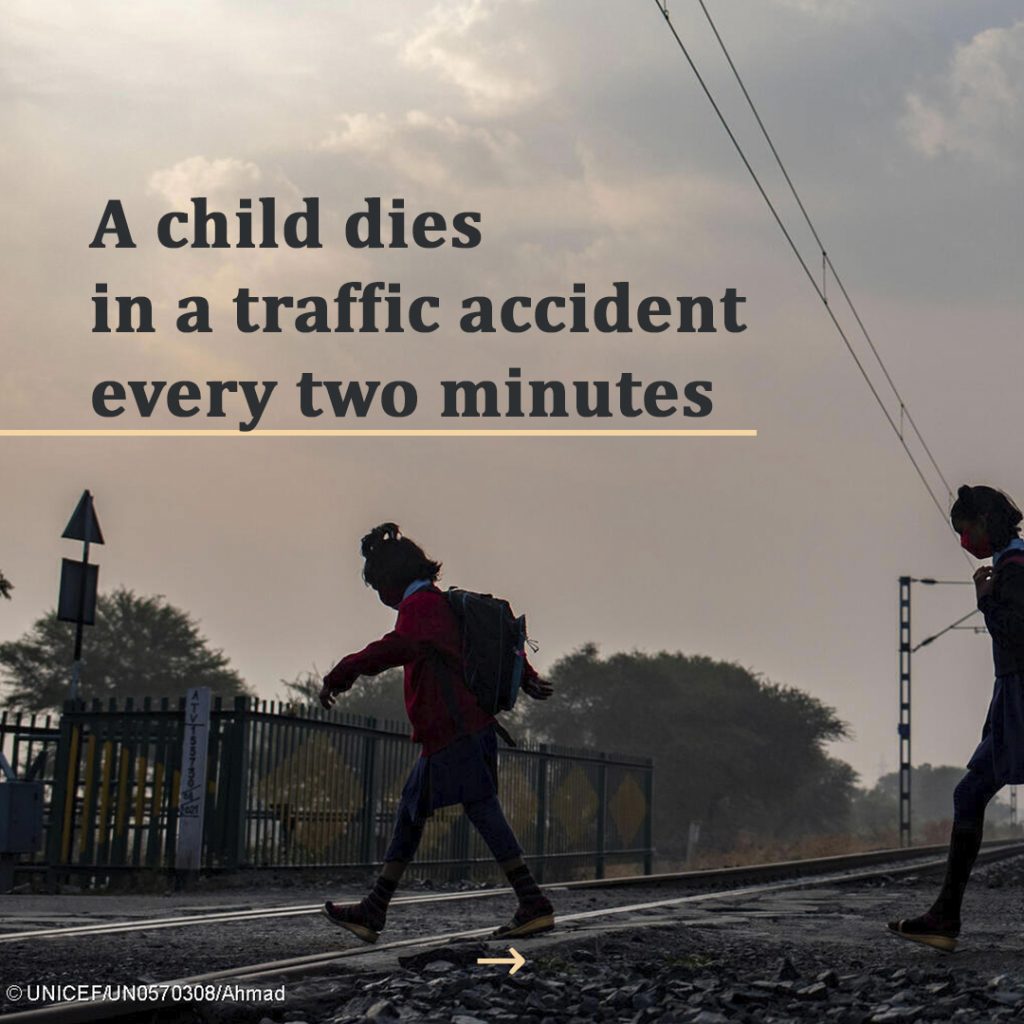
The data is frightening: every two minutes a child dies in a traffic accident, which means about 600 deaths a day and more than 200,000 a year. It is not surprising that these types of injuries are the leading cause of death for children and teens in the world. The figures are especially alarming in low- and middle-income countries, where 97% of these deaths take place.
And it is also not surprising, therefore, that it is one of the problems that most concerns organizations that try to protect the rights and health of children, such as UNICEF. “Children, adolescents and young people have the right to safe mobility; daily trips such as the trip to school, returning to their homes or moving between communities should not pose a risk to them. Every life lost on the streets and highways, in any country, is a tragedy that can and must be avoided by implementing effective road safety policies,” explains Marta López Fesser, Head of Partnerships at UNICEF Spain.
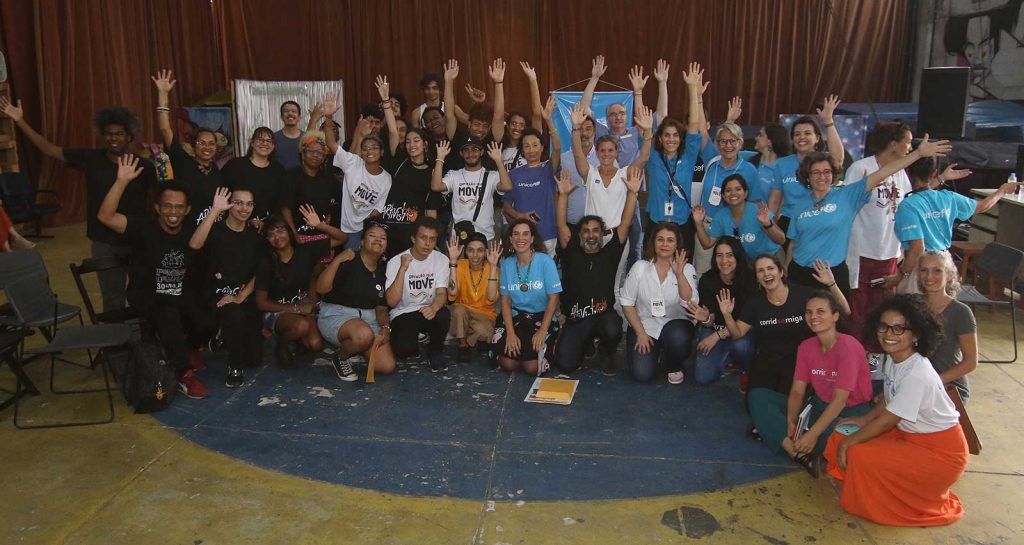
In order to achieve the objective of guaranteeing the right to safer and more sustainable mobility in countries with a high rate of accidents involving children minors, such as Brazil and India, in 2017 UNICEF signed an alliance with the Abertis Foundation. The purpose of the agreement between both entities is to empower young people to take the initiative and implement road safety practices in their communities.
An initiative that, as UNICEF assures, goes beyond the prevention of injuries and deaths due to traffic accidents, since it represents a challenge for the global development of the health and well-being of children, by having a positive impact in other aspects of their development such as mental health or exposure to environmental pollution. Not to mention the economic impact both on public health and on the family economy of the victims’ families, derived from the treatment of the injuries, but also from the loss of productivity or income resulting from them (according to the estimates of the organization, these types of accidents represent a cost of 3% of GDP).
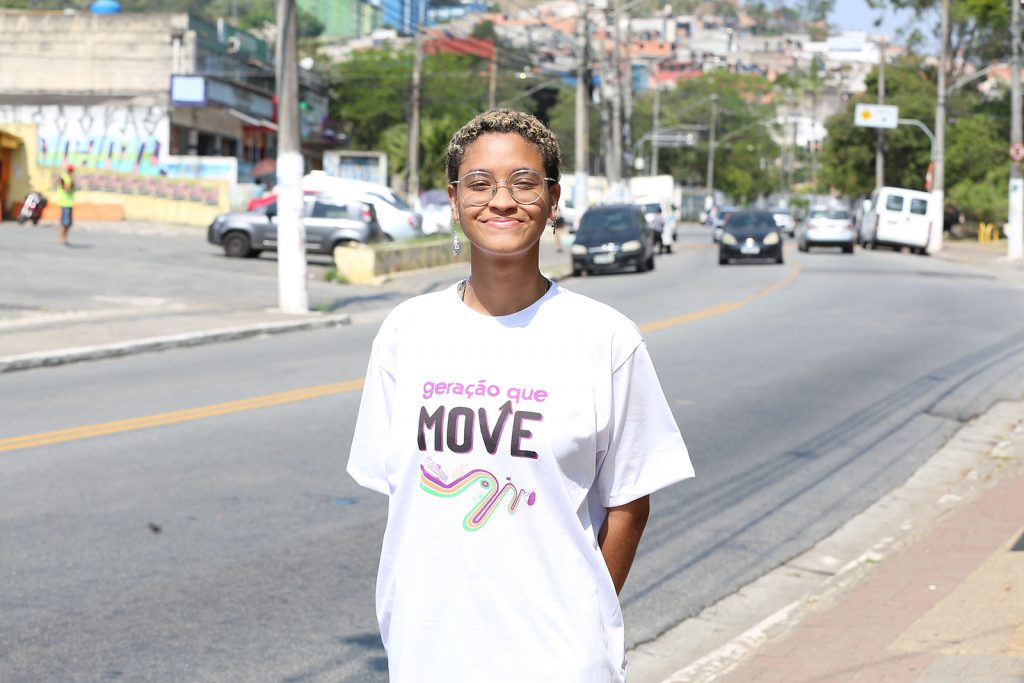
Together in Brazil
The alliance that UNICEF and the Abertis Foundation began seven years ago places the focus of its action, among others, on neighborhoods in cities such as São Paulo and Rio de Janeiro, which, due to being poorly connected or lacking infrastructure, represent a challenge for safe mobility. Circumstances that have consequences beyond this type of problem, since they also significantly affect the fundamental rights of children and young people in such key areas as education, employment or access to medical care and social services
Ciudade Tiradentes is one of these places. It is the second district in São Paulo with the longest average journey time on public transport: 1 hour and 9 minutes, 62% more than the city average. The more than 71,500 children and adolescents who reside there are forced to deal with the problems derived from the lack of connections with the rest of the city, a precarious public transport service and the absence of signage, as well as those typical of a depressed neighborhood, such as insecurity and violence, among others.
Cases like that of Lara, 19, show how difficult it is for young people in the city to continue studying. To go to university, Lara spends more than four and a half hours a day traveling: “I use four means of transportation: two buses, the subway and the train. I spend more time going back and forth than in class. I often have to study on public transportation.”
Preventing these circumstances from diminishing the work and educational opportunities of these young people is what is intended by initiatives such as the one led by UNICEF and the Abertis Foundation: “The solution to these problems involves public policies that prioritize children and adolescents, coordination between the different actors and, above all, listening to the children and adolescents who face these challenges every day,” explains Adriana Alvarenga, interim coordinator of the southeastern territory of UNICEF Brazil.
Specifically, in the project promoted by both entities, the role of young people and adolescents themselves is crucial, by having them participate in the debate for the formulation of public policies that positively impact road safety and urban mobility.
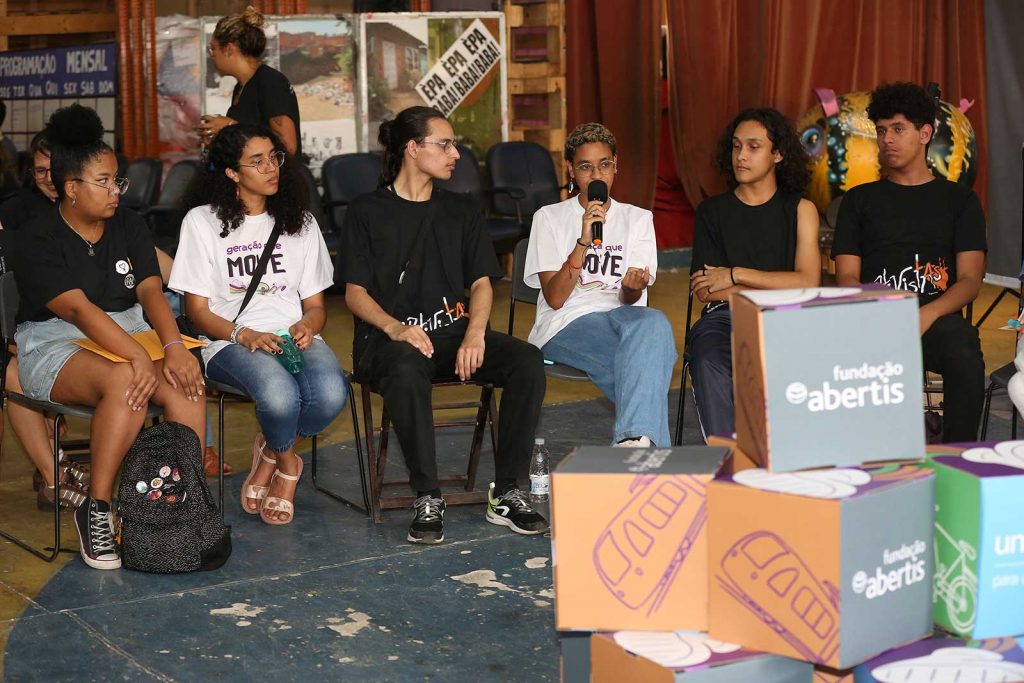
Thus, the students of Ciudade Tiradentes have made numerous proposals to change the roads to their various study centers to make these places safer, which have been implemented at the municipal level.
“When young people unite, when we mobilize, we can change things, we can bring demands to public authorities. Understanding that we have a voice and that we can advance these demands is important,” explains Gustavo, 18.For her part, Georgina Flamme, director of the Abertis Foundation, emphasizes the role that private entities can play in improving the conditions of young people in less favored environments: “The private sector must be a relevant actor to face big social challenges. From our business we can help improve the right to safe and sustainable mobility. In a country where Abertis is present, we are proud to see the positive impact that our strategic alliance with UNICEF is generating in the large metropolises of Brazil to reduce the rates of child injuries and deaths from traffic accidents, and promote inclusive mobility for all”.
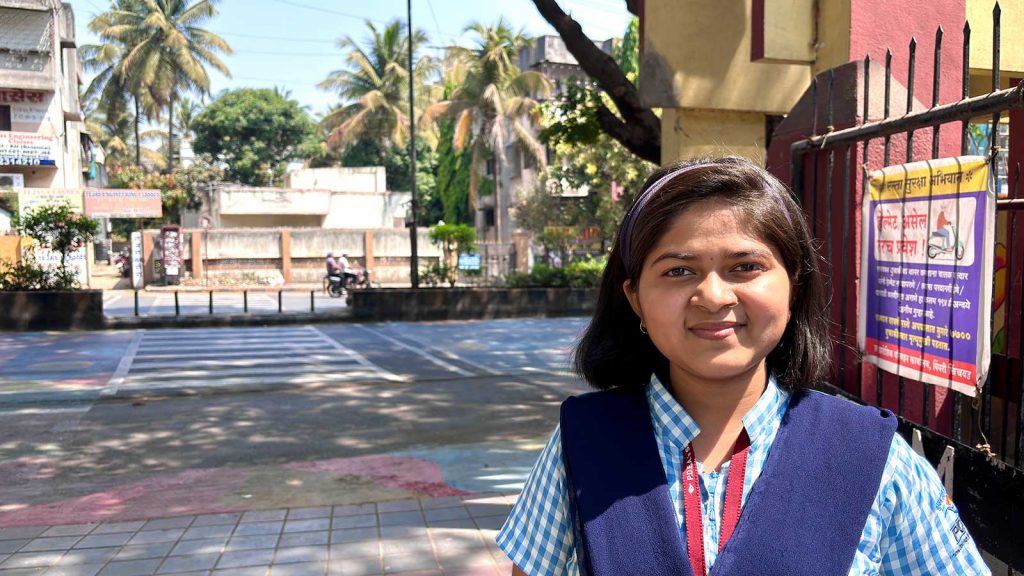
More and better mobility
The strategic agreement reached by the Abertis Foundation and Unicef Spain in 2017 focused on reducing traffic incidents in which children are involved. Since then, both entities have based their strategy on a series of fundamental pillars, including making the surroundings of schools safe environments through measures such as reducing speed limits; promote the improvement of legislation regarding road safety; promote knowledge among the general population of road safety regulations and include this topic within the school curriculum, and generate studies and research that compile and analyze what has been learned about interventions in this matter.
During the first phase of this alliance, both entities launched the Rights of Way project with the aim of reducing the impact of road accidents on children and teens. The Philippines, Jamaica and Brazil were the first countries in which the project was launched. During this time, the partnership between both entities has helped improve the safety of almost 267,000 children and young people in these three countries.
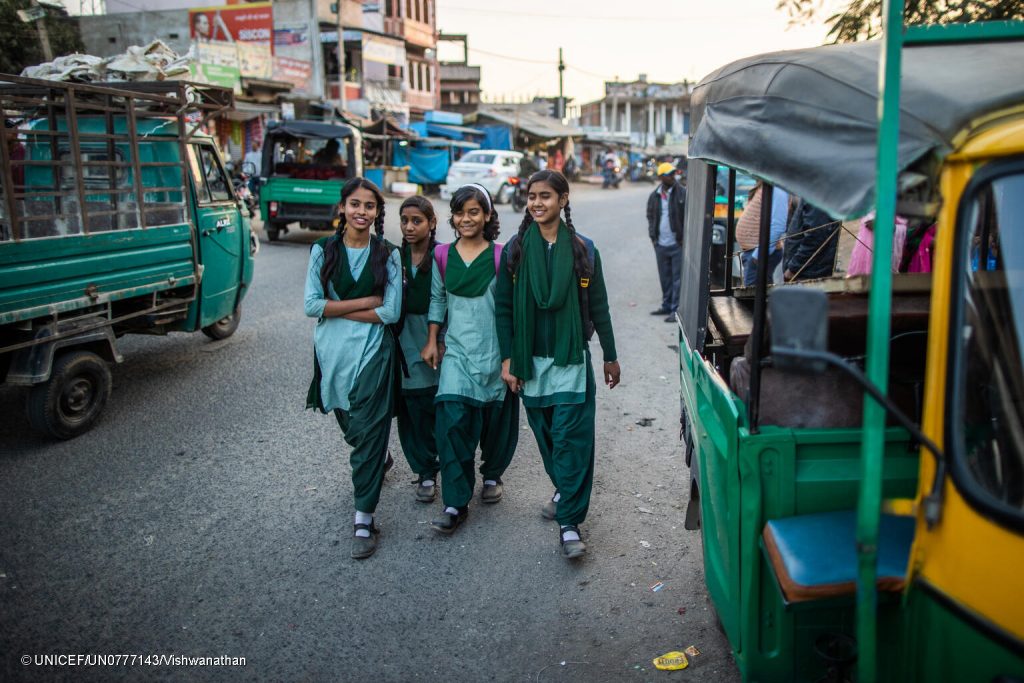
The good results achieved encouraged the agreement to continue in July 2022. In this second part, safe mobility for children and young people will continue to be promoted through initiatives in countries such as Brazil or India. In the Asian country, the alliance has allowed young people like Makarand, a resident of Pune (India), to be more aware of the dangers that the lack of road safety policies can bring: “If you are under 18 years of age, you are susceptible to dangerous traffic accidents. What seems like an adventure to us can endanger our lives and the lives of others,” Makarand claims.
Among the projects included in this second stage of the alliance, it is worth noting the program launched in Mexico, aimed at promoting access to STEM careers for girls and young people from economically depressed groups in the country. This agreement is based on the conviction that gender differences in education prevent women from entering technical and scientific careers, robbing society of female talent in matters of road safety and infrastructure, as well as a broader perspective on mobility.